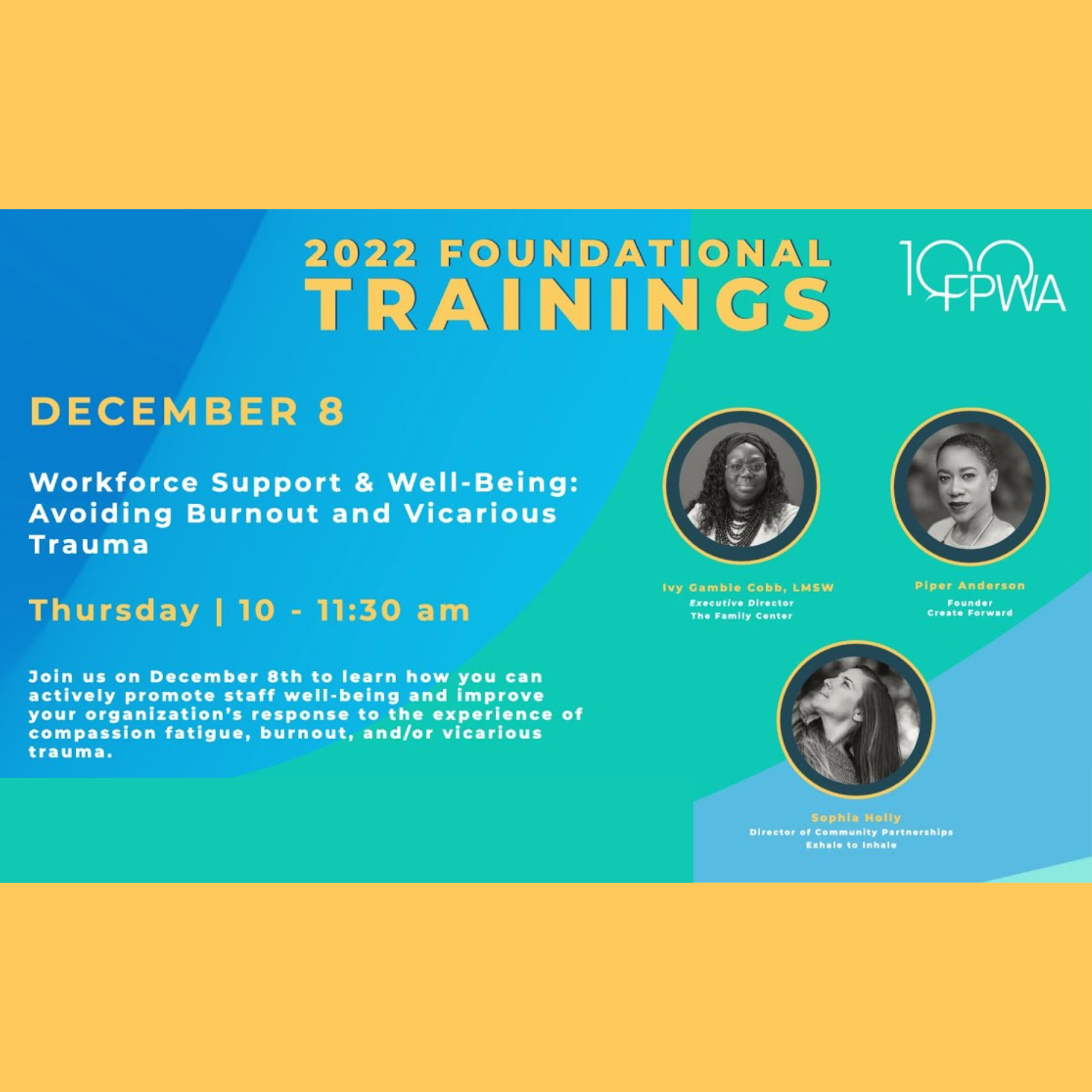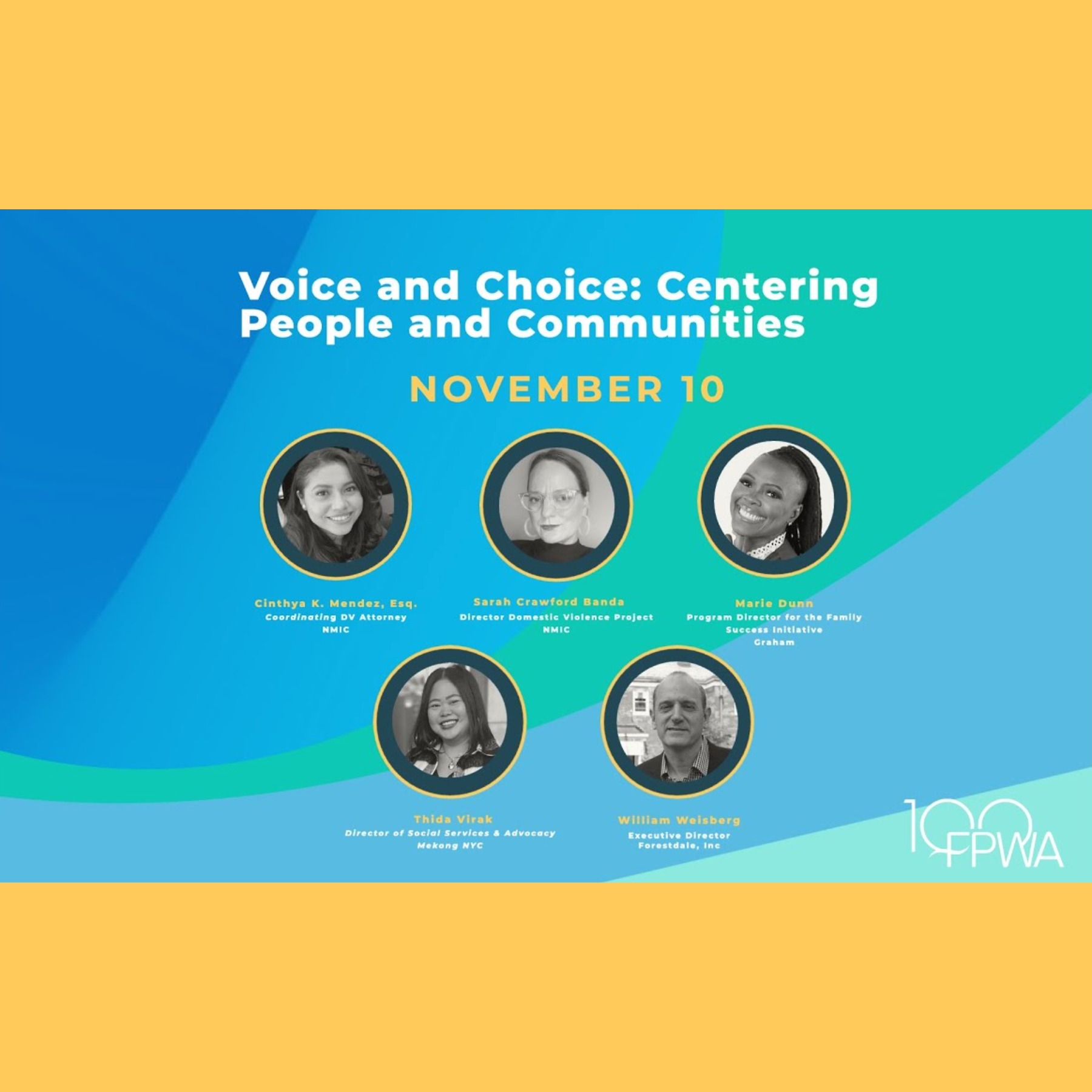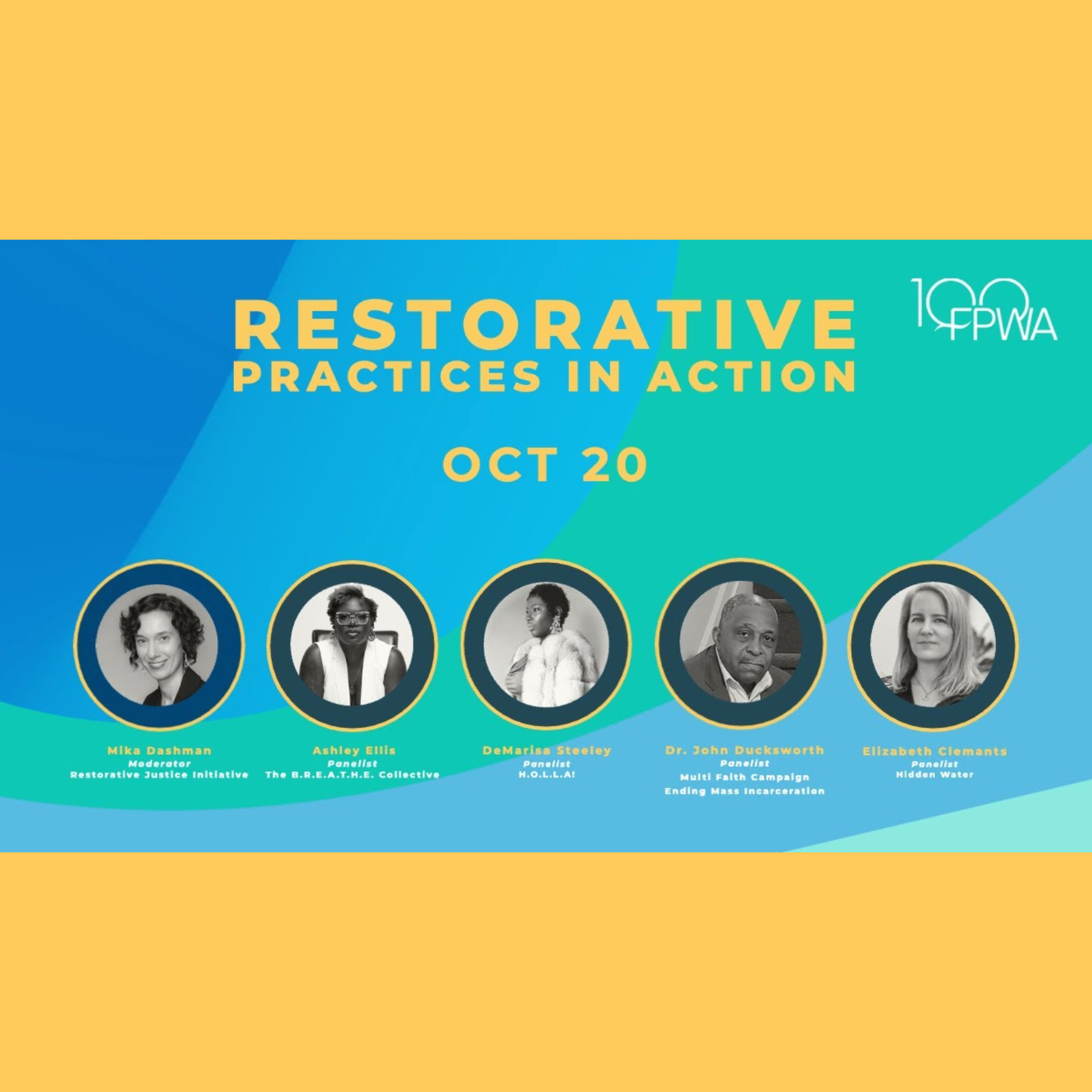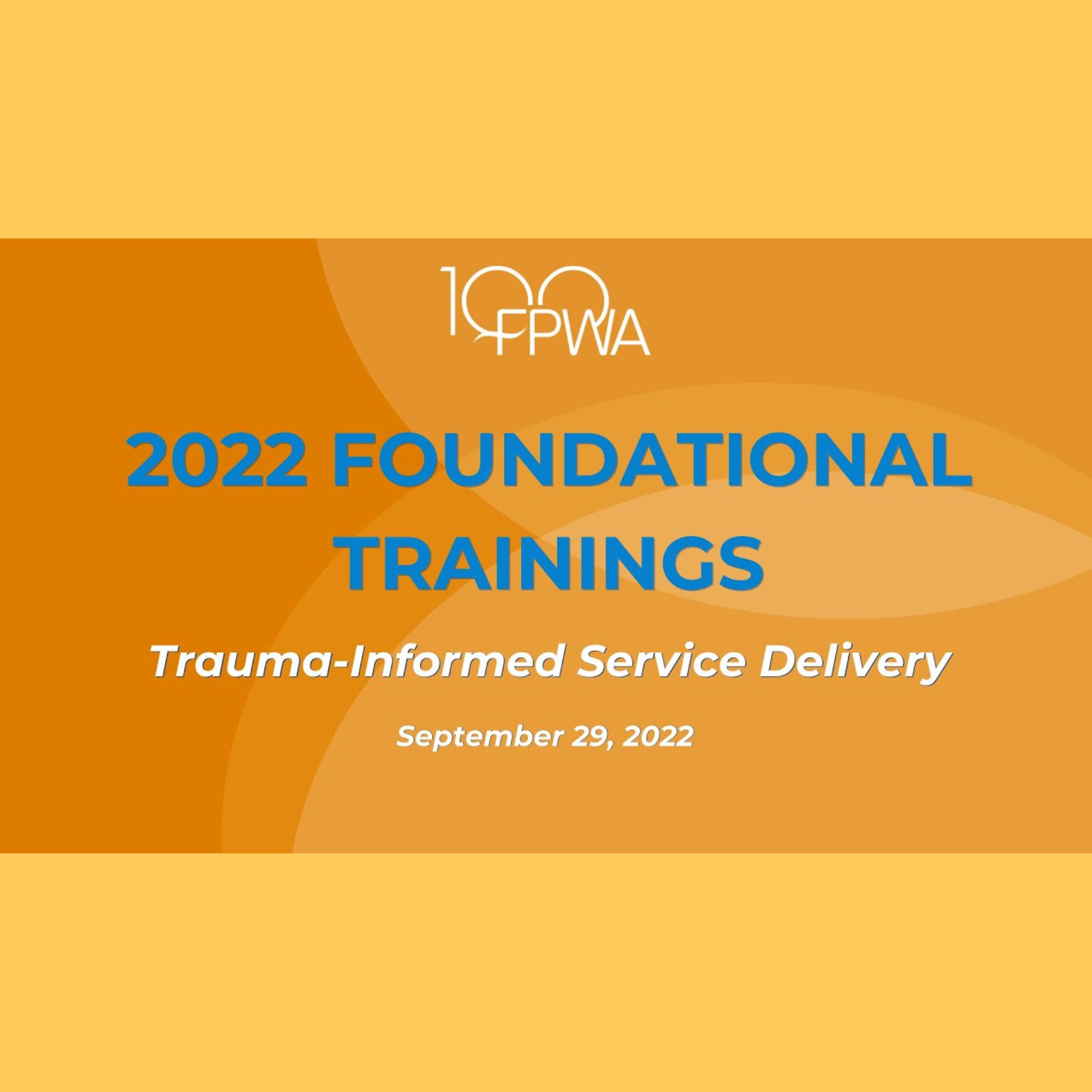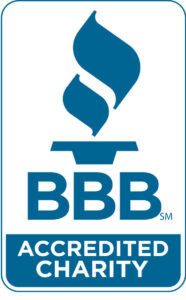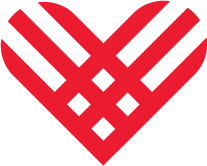Nonprofit services are essential, but the work can take a toll on staff. Learn how you can actively promote staff well-being and improve your organization’s response to the experience of compassion fatigue, burnout, and/or vicarious trauma.
Session Highlights:
-Understand the ins-and-outs of trauma-informed policies and procedures as Ivy Gamble Cobb from The Family Center walks us through their Continuous Quality Improvement (CQI) project.
-Hear from Piper Anderson from Create Forward on what it takes to establish the building blocks for a community of care and safety where everyone can learn, grow, and succeed in their roles.
-Gain insight into the benefits of Exhale to Inhale’s trauma-informed organizational wellness programs, which are designed to enhance physical and mental stress reduction, agency, and self-efficacy, and to support your team’s overall well-being.

